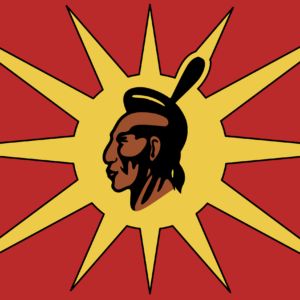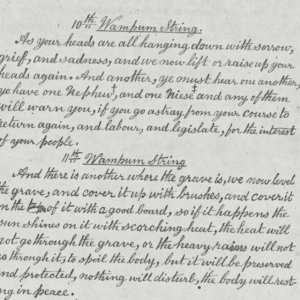The world is a great big place and everyone has a part to play. We are born into this reality free from bias. How we choose to live our lives is based upon personal decisions and opportunity. Our environment helps shape those decisions and timing can sometimes be everything. Through our journeys in this existence, we travel roads that are full of twists and turns, one misstep can cause us to lose our way. One misstep can have us wishing we could go back to the beginning and start all over again. Our first contact with Europeans is a prime example. First contact begs the question, were we wrong to extend our hands?
When the pilgrims arrived here in 1492 and started dying from hunger and cold; should we have helped them? After all, we now have a holiday named Thanksgiving based upon these events. We choose to help them learn how to survive on Turtle Island. Natives opened their hearts and did what comes naturally to us. We shared.
Our reward for living according to our Great Peace was to be shuttled onto reservations. The theft of our lands was another bonus we received towards our eradication. The British North America Act and Indian Act further supported and developed the path of destruction Canada/The United Kingdom choose. According to the Indian Act, reason stated that they (Canada/The United Kingdom) were helping us savages. In the majority of circumstances, reason is the basis of justification. But is justification equal to justice?
No. Justification does in no way equate with what is right. Innate to every person born is a sense of right and wrong. The relationship of good and bad, right and wrong, honest and dishonest are all synonymous with what we deem to be correct behavior. Based upon this statement, is what the settler governments doing moral or immoral? The obvious answer is bad, wrong, dishonest and immoral. At the end of this road, lies the answer as to whether or not we should have extended our hands.
Although the answer might not seem logical, the answer is yes. We, Onhkwehonh:we, have a responsibility to live by our Kayenerah:koa, our Great Peace. Good conscience would not allow us to watch other human beings suffer. When it became obvious that we would be living side by side on Turtle Island and had differing values and ideas we made treaties. One of the most famous treaties made was the Two Row Wampum. In 1613, more than 400 years ago, the Onhkwehonh:we signed a treaty with the Dutch. In simple language this treaty talks about living and existing side by side in Peace, Friendship and Respect, for one cannot follow without the other.
The treaty is in effect as long as the sun shall shine, the rivers flow, the grass grows green
A basic tenet of this treaty is non-interference. Â We know that we have acted correctly and according to our conscience. Now the real question is, can Canada say the same?







Comments are closed.